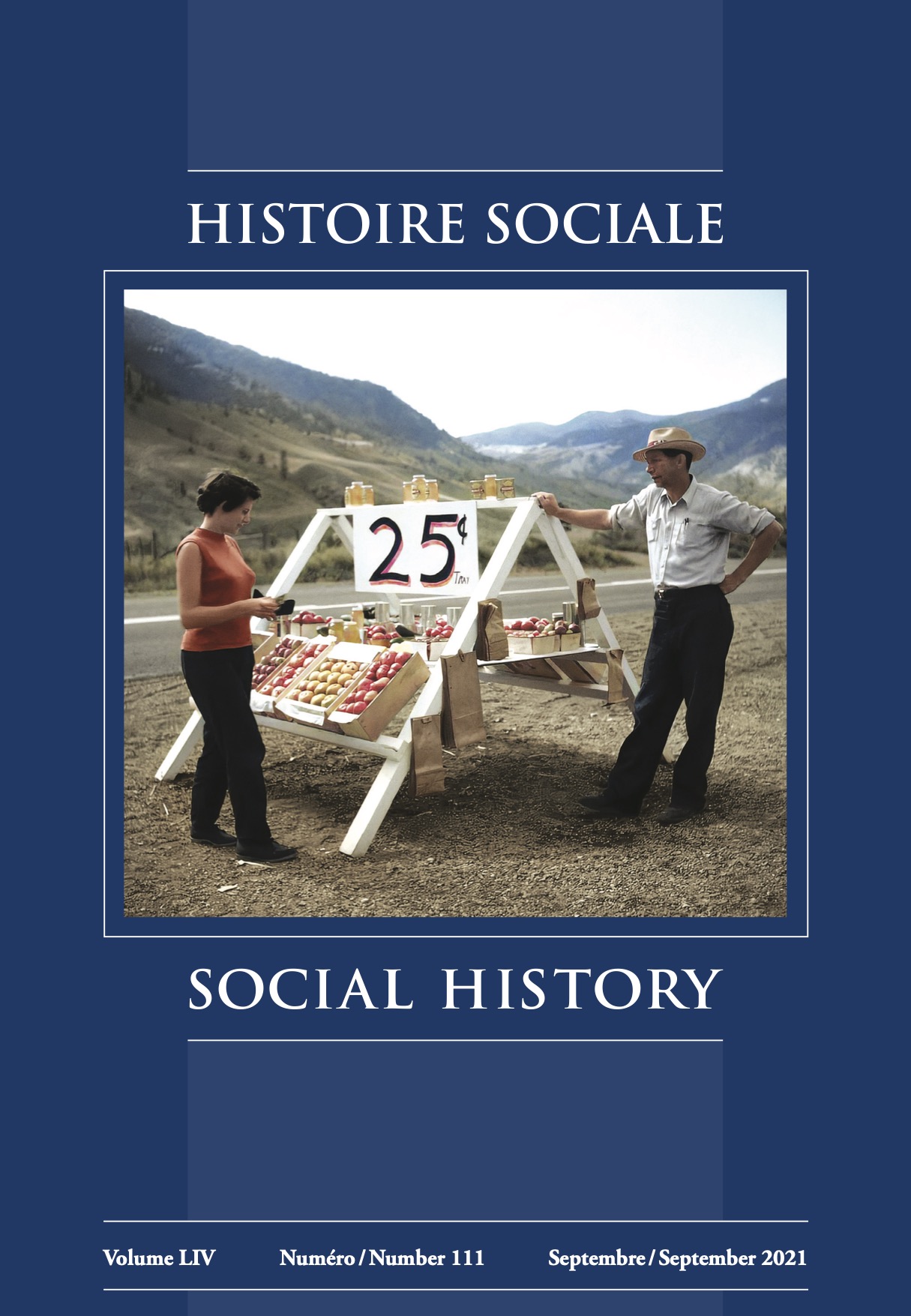Canada’s Rotten Egg Scandal: The Politics of Food in the 1970s
DOI:
https://doi.org/10.1353/his.2021.0039Abstract
During the early 1970s, a Canadian marketing board’s mismanagement of national egg supplies during a period of rapidly rising food prices generated a media sensation. The “rotten egg scandal” of 1974 resulted when the recently created Canadian Egg Marketing Agency (CEMA) failed to properly store millions of eggs, causing huge quantities to spoil. CEMA was the first national marketing agency to be established under the Farm Products Marketing Agencies Act (1972) and as such faced both intense scrutiny and significant challenges as it attempted to establish an orderly market in a sector of the food industry that had previously been characterized by instability and crisis. Although CEMA remedied its early missteps and its system of supply management remained intact, this episode in Canada’s postwar history illustrates growing divisions between urban consumers and rural producers and between those who advocated for regulated markets and those who championed unrestricted ones. Highly publicized debates between government officials, industry stakeholders, and the public over the affair also demonstrate the gendered politics of food pricing and increased concerns about wasted food during a period of resource scarcity.


